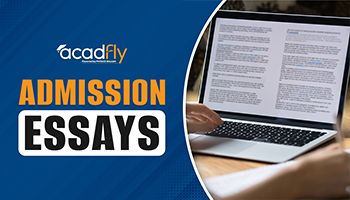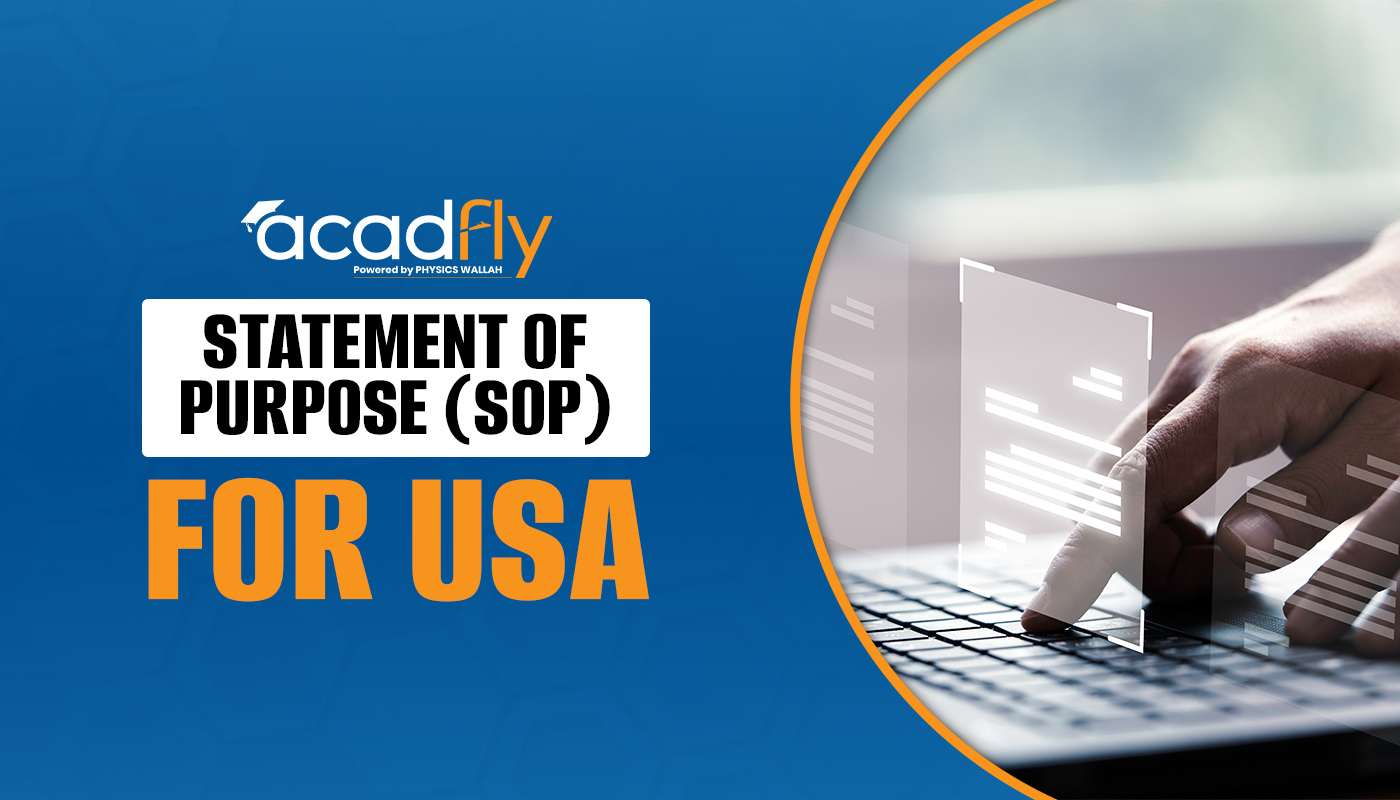

Studying Data Science in Australia offers a dynamic and promising career path, with the country being home to some of the world’s leading educational institutions. To embark on this journey, prospective students must understand the data science degree requirements in Australia. Generally, these requirements include a relevant undergraduate degree in fields such as computer science, statistics, or mathematics. Additionally, students may need to demonstrate proficiency in English through standardized tests like IELTS or TOEFL, depending on their educational background. Scholarships and funding opportunities are also available to help support international students in pursuing their education in this growing field.
Eligibility for Data Science Masters Programs in Australia
To pursue a Master's in Data Science in Australia, certain eligibility criteria must be met. These criteria ensure that prospective students have the necessary academic background and skills to succeed in a rigorous program. Universities typically evaluate applicants based on their educational qualifications, language proficiency, and relevant experiences. Below are the key points regarding eligibility for data science master's programs in Australia:
1. Relevant Undergraduate Degree
Applicants typically need a bachelor's degree in a related field such as computer science, mathematics, or statistics. This foundational knowledge is essential for understanding advanced data science concepts.
2. Academic Performance
Most universities require a strong academic record, often a minimum GPA of around 60% or equivalent. This ensures that students are prepared for the rigorous coursework involved in a master's program.
3. English Language Proficiency
International students must demonstrate proficiency in English through tests like IELTS or TOEFL. A minimum IELTS score of 6.5 or equivalent is commonly required for admission.
4. Work Experience (Optional)
While not always mandatory, relevant work experience in data analysis or related fields can enhance an application. It can also provide practical skills that are beneficial in the program.
5. Personal Statement or Statement of Purpose
Most universities require a personal statement outlining the applicant's motivations, interests, and career goals in data science. This document helps universities assess the applicant's fit for the program.
IELTS Requirements for Data Science Programs in Australia
To study Data Science programs in Australia, international students must meet specific IELTS requirements. These requirements are designed to ensure that students have the necessary English language skills to succeed in their academic studies. Below are the key points regarding IELTS requirements for Data Science programs in Australia:
1. Minimum IELTS Score
Most universities in Australia require international students to achieve a minimum overall IELTS score of 6.5 for admission into Data Science programs. This score reflects a student's ability to comprehend and engage with complex academic materials.
It indicates proficiency in English, allowing students to participate actively in discussions and understand lectures. Meeting this requirement is crucial for ensuring that students can keep up with their studies and perform well in assignments.
2. Subscore Requirements
In addition to the overall score, many universities set specific subscore requirements, typically requiring that no individual band score is lower than 6.0. This means students need to demonstrate balanced proficiency across all language skills: listening, reading, writing, and speaking.
Achieving the subscore ensures that students are not only strong in one area but can effectively communicate and comprehend English in all aspects of their studies. Universities implement this requirement to maintain high academic standards and facilitate effective learning.
3. Validity of Test Results
IELTS test results are generally valid for two years from the test date, meaning students must ensure their scores are current at the time of application. If a student's test score is older than two years, they may need to retake the test to provide valid results for admission.
This validity period is important because language proficiency can change over time, and universities want to ensure students possess the necessary skills at the time of their studies. Therefore, planning and scheduling the test in advance of application deadlines is advisable.
4. Alternative English Proficiency Tests
Apart from IELTS, some universities may accept other English proficiency tests, such as TOEFL (Test of English as a Foreign Language) or PTE (Pearson Test of English). Each university has its specific requirements regarding accepted tests and minimum scores.
Students should research the specific admission requirements of their chosen institutions to confirm which tests are acceptable. This flexibility allows students to choose a test they feel more confident taking, thereby improving their chances of meeting the language requirements.
5. English Language Programs
Students who do not meet the IELTS requirements may have the option to enroll in an English language program before starting their Data Science studies. These preparatory programs aim to enhance students' English skills and prepare them for the demands of academic coursework.
Completing an English language program can help students gain the confidence and proficiency needed to excel in their studies. Many universities offer tailored English courses that focus on academic English, ensuring students are well-equipped for their upcoming challenges.
Scholarships Available for Data Science Students in Australia
In Australia, numerous scholarships are available for international students pursuing a degree in Data Science. These scholarships aim to support talented students in their educational journey, helping to alleviate financial burdens. Various institutions and organizations offer these funding opportunities, catering specifically to Data Science programs. Below is a table outlining some of the notable scholarships available to Data Science students in Australia:
|
Scholarship Name |
Description |
Eligibility Criteria |
Value |
|
Australia Awards Scholarships |
Provides financial support for students from developing countries. |
Must be a citizen of an eligible country. |
Varies (tuition, living expenses) |
|
University of Melbourne Graduate Scholarships |
Supports high-achieving students undertaking graduate studies. |
Must have an offer of admission to a graduate program. |
Up to AUD 10,000 |
|
Deakin University Scholarships |
Awarded to outstanding international students. |
Must be enrolled in a Deakin University program. |
Up to AUD 20,000 |
|
ANU Global Diversity Scholarship |
Encourages diversity among students at ANU. |
Open to international students enrolling at ANU. |
AUD 15,000 |
|
UTS International Postgraduate Coursework Scholarship |
Provides funding for international postgraduate students. |
Must be accepted into a full-time course at UTS. |
AUD 10,000 |
|
Western Sydney University International Scholarships |
Supports high-achieving international students. |
Must meet the academic requirements set by the university. |
AUD 5,000 to AUD 15,000 |
|
Flinders International Postgraduate Research Scholarships |
For students pursuing research in Data Science. |
Must have an offer for a postgraduate research program. |
Tuition fee waiver |
|
Monash University International Scholarships |
Available for outstanding international students. |
Must meet specific entry criteria for the course. |
Up to AUD 50,000 |
|
La Trobe University Postgraduate Scholarships |
Awarded to high-achieving international students. |
Must be enrolled in a postgraduate program. |
AUD 10,000 |
|
Scholarship for Women in Data Science |
Encourages female students to pursue Data Science. |
Open to female students applying for Data Science programs. |
AUD 5,000 |
Best Data Science Universities in Australia
Australia is renowned for its high-quality education, especially in the field of Data Science. Numerous universities offer specialized programs that prepare students for a career in this rapidly evolving field. These institutions are recognized for their research facilities, expert faculty, and comprehensive curricula that cover essential data science skills. Below is a table highlighting some of the top universities in Australia for Data Science:
|
University Name |
Location |
Program Offered |
QS Ranking (2024) |
|
University of Melbourne |
Melbourne |
Master of Data Science |
33 |
|
Australian National University |
Canberra |
Master of Machine Learning and Data Science |
29 |
|
University of Sydney |
Sydney |
Master of Data Science |
41 |
|
Monash University |
Melbourne |
Master of Data Science |
50 |
|
University of Queensland |
Brisbane |
Master of Data Science |
48 |
|
University of New South Wales |
Sydney |
Master of Data Science |
44 |
|
RMIT University |
Melbourne |
Master of Data Science |
200+ |
|
Curtin University |
Perth |
Master of Data Science |
200+ |
|
Deakin University |
Geelong |
Master of Data Science |
300+ |
|
Flinders University |
Adelaide |
Master of Data Science |
400+ |
Frequently Asked Questions
1.What are the general eligibility criteria for Data Science programs in Australia?
2.Is an IELTS score necessary for studying Data Science in Australia?
3.Are there scholarships available for Data Science students in Australia?
4.Do I need a GRE score for Data Science programs in Australia?
5.What are the top universities for studying Data Science in Australia?









